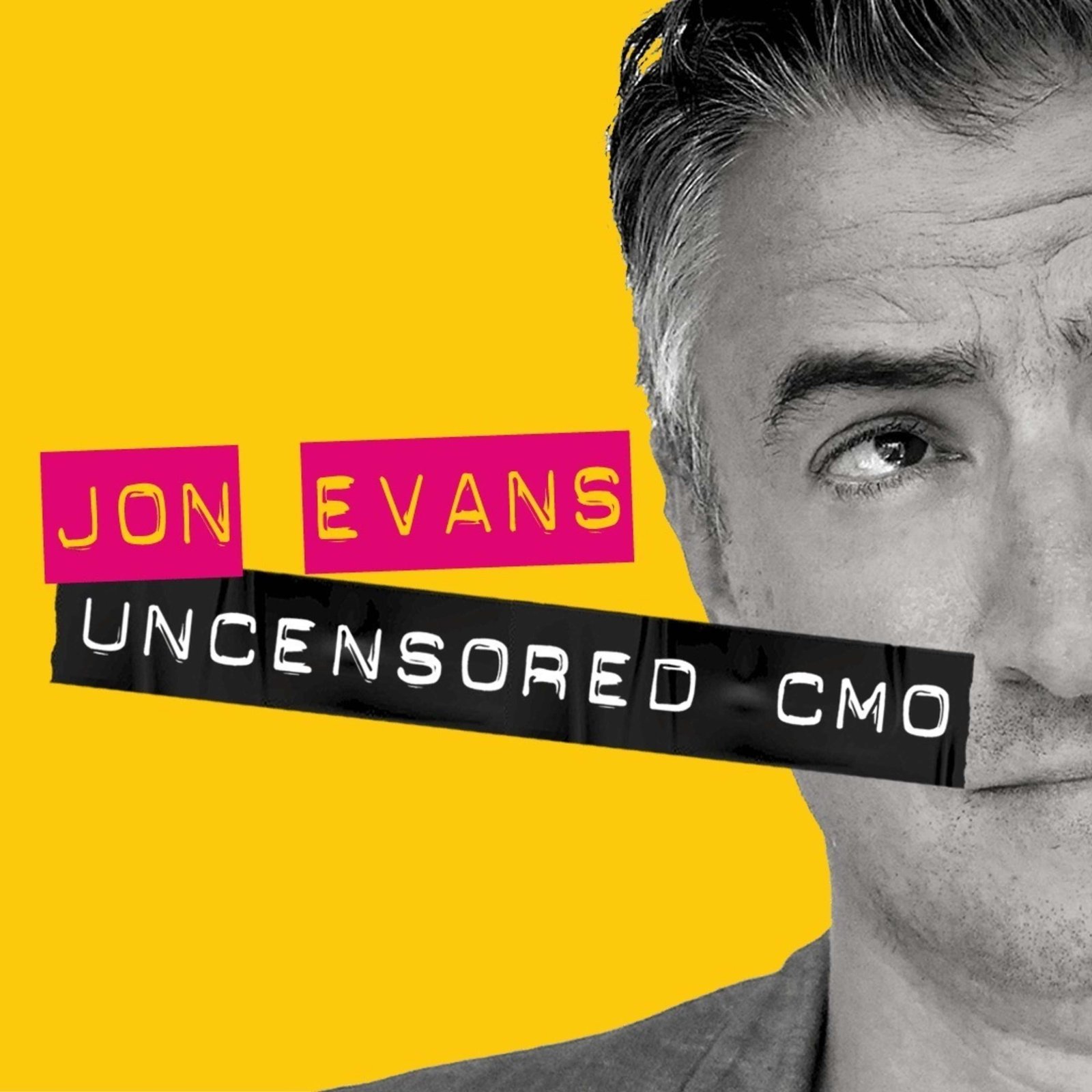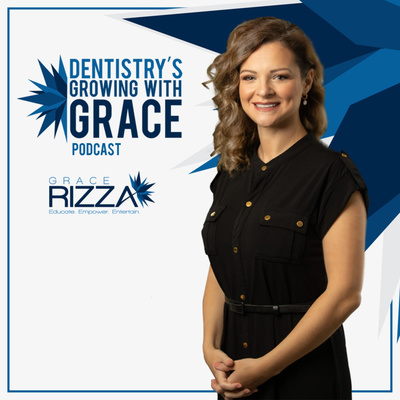Imagine carving out a dental practice that puts principles and patient well-being above insurance red tape.
That’s exactly what Dr. Kristen Self set out to do in New Braunfels, Texas, building her pediatric dental clinic from the ground up (outside the confines of traditional insurance models.) In this episode, Dr. Self opens up about the emotional rollercoaster and practical challenges of staying independent, describing how she crafted a thriving, holistic, and minimally invasive practice tailored to families who value prevention, transparency, and genuine care.
Discover the pivotal decisions that shaped the fate of her business, from navigating a licensing hurdle that forced a rebrand to leveraging local storytelling for powerful, trust-building marketing. Dr. Self gets candid about the financial uncertainty and the payoff that comes with running a values-driven clinic, all while developing strong team foundations and a unique patient experience. You will walk away with actionable insights on authentic leadership, transparent communication, and creative marketing that connects deeply with your community!
What You’ll Learn in This Episode:
- How to establish a successful out-of-network, holistic dental practice
- The pros and cons of rejecting traditional insurance-based care models
- Ways to use local storytelling and authentic content for impactful marketing
- Building and maintaining transparent communication with both patients and staff
- Strategies for facing business setbacks and staying aligned with your ethics
- Systems that support a calm, reliable, and values-based dental environment
- The importance of community connection for patient engagement and loyalty
- Tools and ideas for effective local advertising and branding
- How adaptability and authenticity drive growth in independent practices
- Leadership lessons for nurturing a resilient, dedicated team culture
Tune in to uncover how authentic vision and creative strategy could be your next step to success!
Sponsors:
Practice Real Estate Group: healthcare real estate experts with over a century of experience in medical real estate across hundreds of transactions. Visit their site and mention "The Dental Marketer" for a FREE demographic and competition study for your new location! practicerealestategroup.com
Guest: Dr. Kristen SelfPractice Name:
River Smiles DentalCheck out Kristen's Media:
Website: riversmilesnb.com
Email: kristenkself@gmail.com
Kristen's Free Downloads: stan.store/DrSelf
Practice Instagram: instagram.com/riversmilesnb
Practice TikTok: tiktok.com/@riversmilesnb
Kristen's Instagram: instagram.com/kristenkself
Kristen's TikTok: tiktok.com/@kristenkself
Host: Michael Arias
Join my newsletter: https://thedentalmarketer.lpages.co/newsletter/
Join this podcast's Facebook Group: The Dental Marketer Society
Love the Podcast? Let Us Know How We're Doing on Apple Podcasts!











